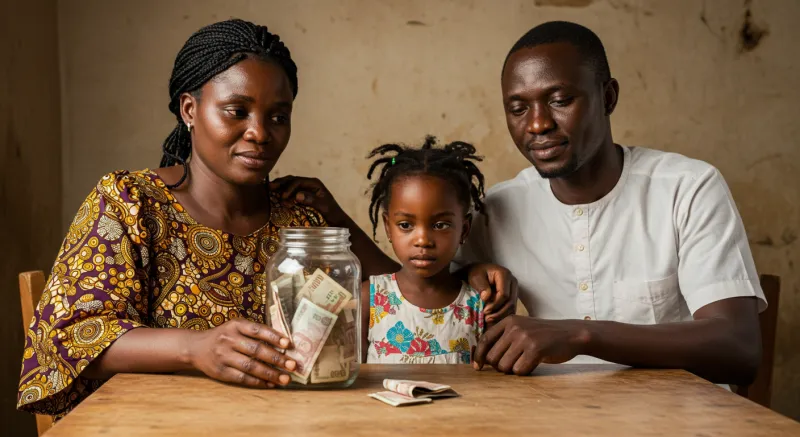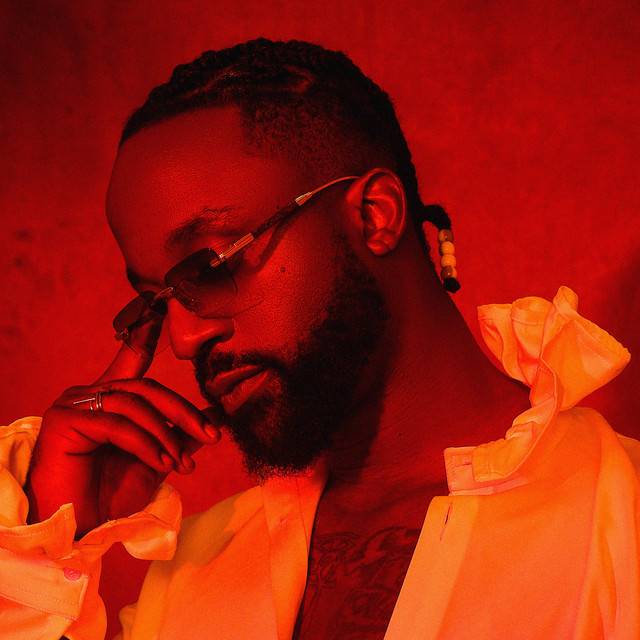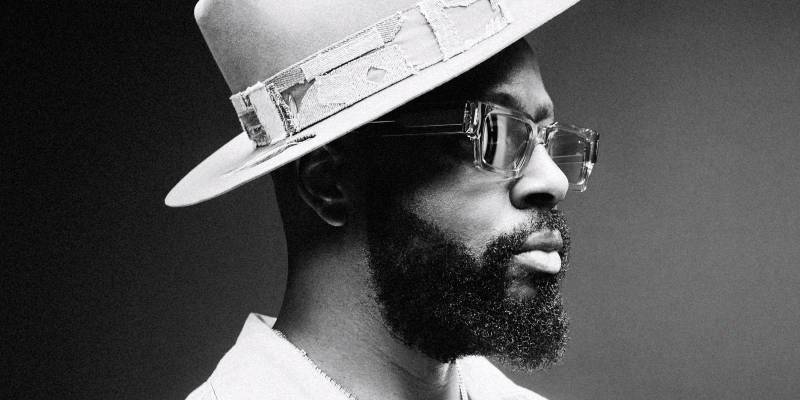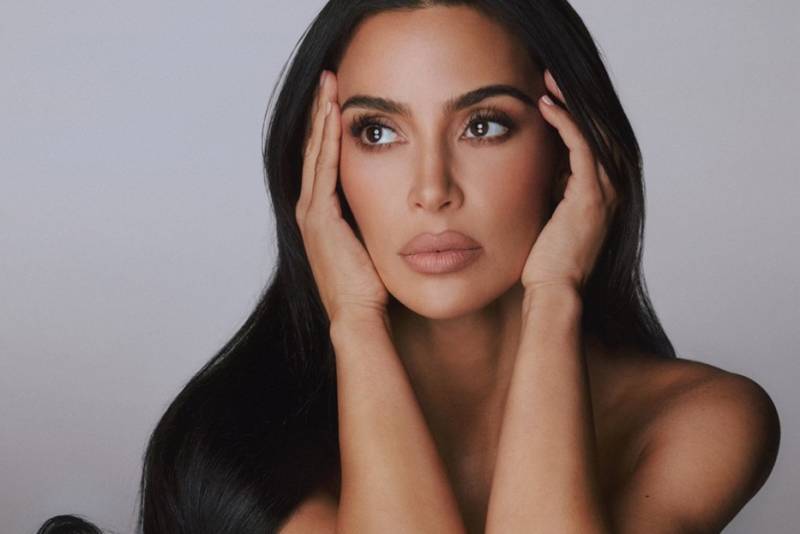In the glamorous swirl of Afrobeats’ global takeover — Grammy red carpets, sold-out arenas, and high-profile collaborations — one man moves with striking intentionality just behind the scenes. Asa Asika, co-founder of The Plug and longtime manager of Davido, is not your typical industry mogul. Where others chase trends, Asika builds systems. Where some amplify ego, he amplifies infrastructure. With over a decade of experience shaping careers and guiding the business mechanics behind Nigeria’s sonic exports, Asika has become one of the genre’s most impactful figures. His sharp industry insights, cultural foresight, and critique of internal pitfalls offer a rare window into what it truly takes to make Afrobeats more than a global moment — but a sustained global movement.
Asika’s entry into the music world wasn’t accidental. A nephew to Obi Asika — one of Nigeria’s earliest entertainment entrepreneurs — Asa began his career at Storm 360 before branching out to manage Davido as a teenager. What began as talent representation grew into something more systemic with the launch of The Plug, a multi-vertical entertainment company handling artist management, music distribution, sports, and event production. His client list reads like a new-school Afrobeats yearbook: CKay, Bella Shmurda, Oxlade, Tiwa Savage, and of course, Davido, one of the genre’s most globally recognized ambassadors.
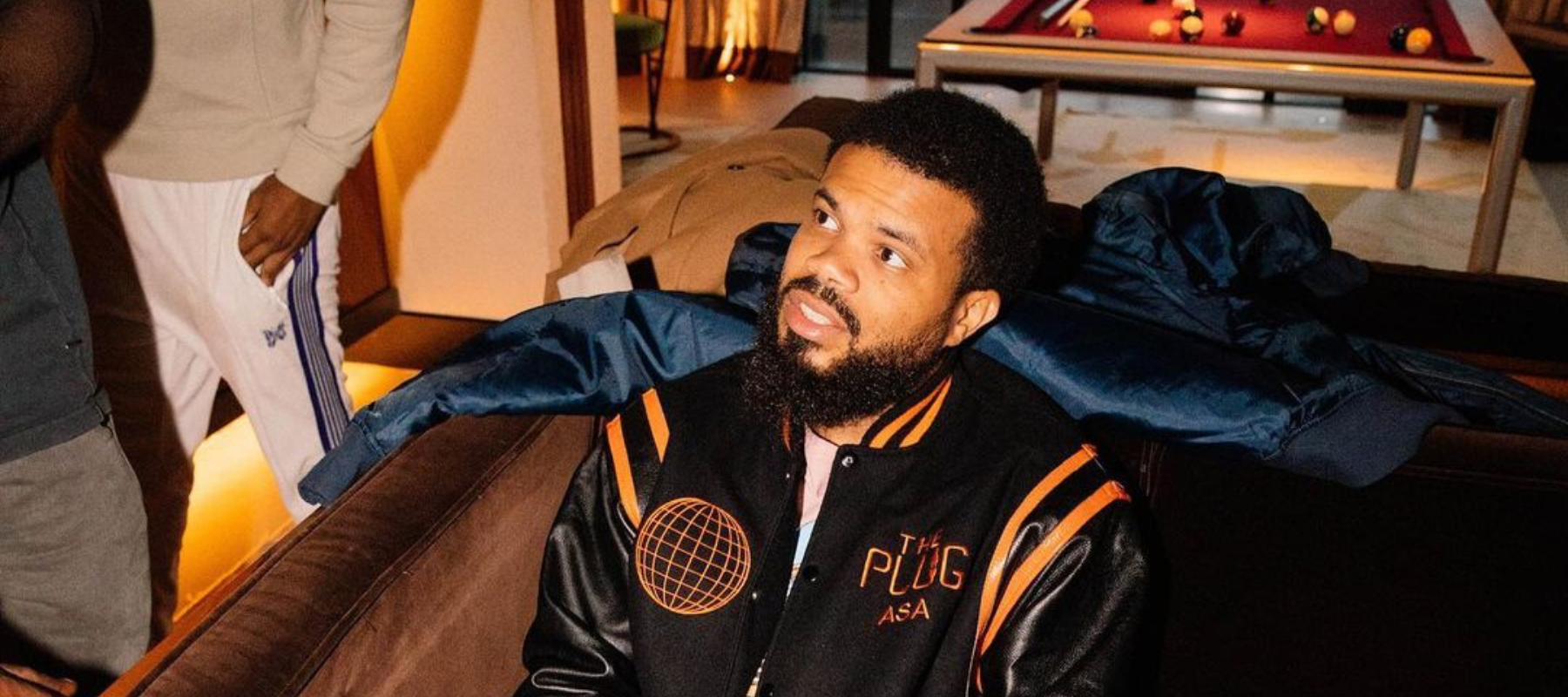
“I’ve always seen myself not just as a manager, but as someone building an ecosystem that outlives moments.”
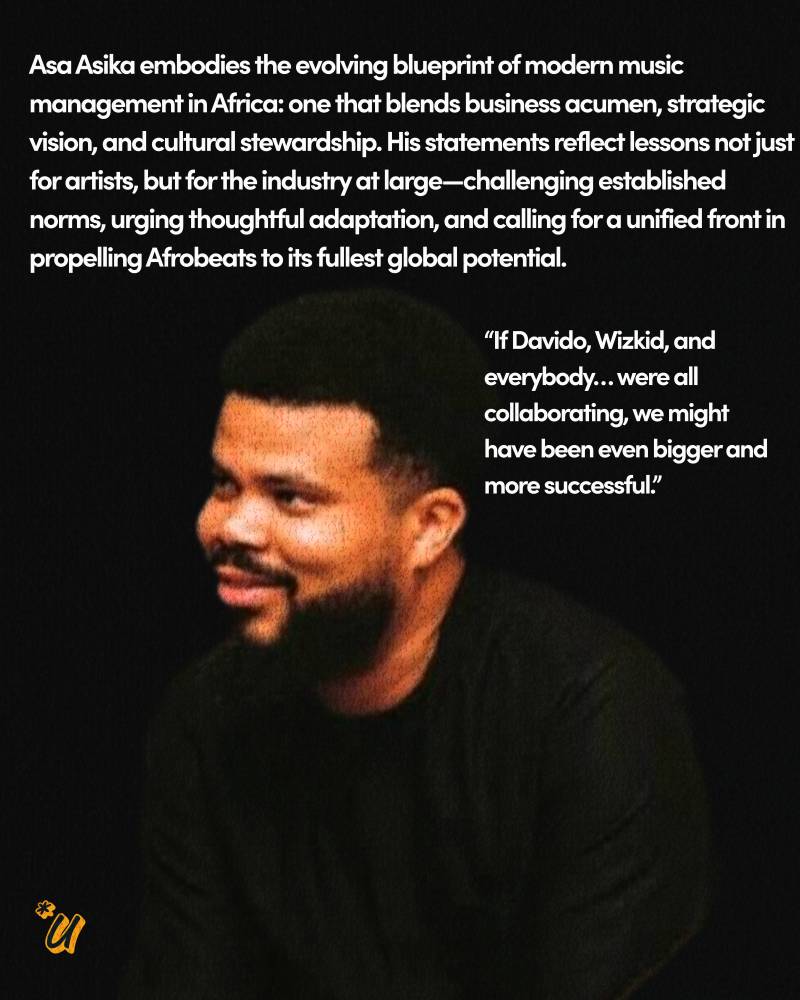
“If Davido, Wizkid, and everybody who was popping at that point were all collaborating, we might have been even bigger and more successful.”
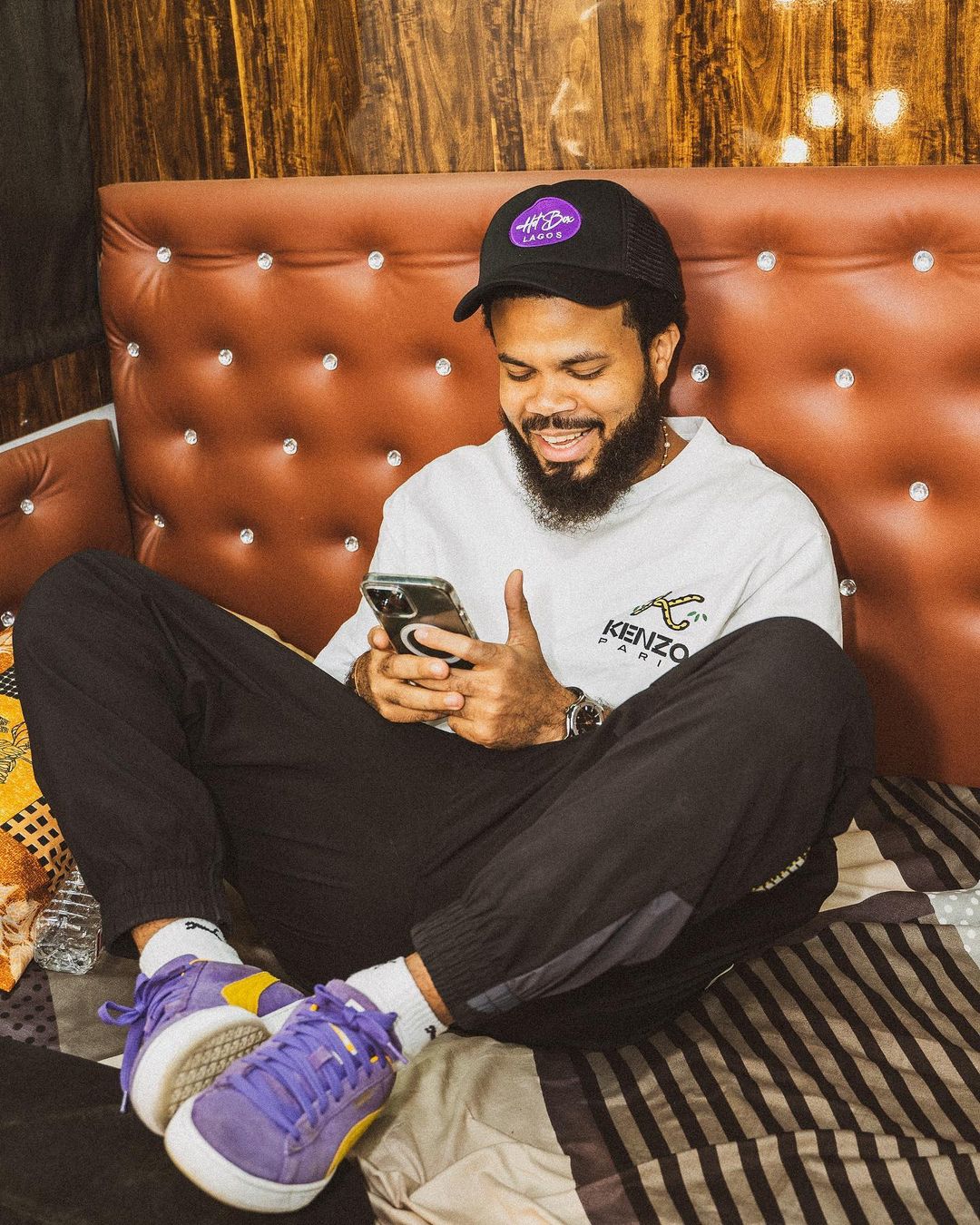
It’s a sentiment that cuts to the heart of the genre’s early 2010s trajectory. While Latin pop leveraged cross-artist synergy — think J Balvin, Bad Bunny, Rosalía — Afrobeats was often mired in rivalries and brand siloing. Asika believes those lost years of potential cohesion cost the genre international velocity. His call for more intra-African collaboration remains one of the most pressing appeals from within the industry’s elite. Asika champions leaner, more strategic releases. His vision isn’t romantic; it’s realist. Talent must evolve with the market or risk fading into self-made nostalgia. For younger artists under his guidance, the message is clear: don't chase relevance — design it. More than a business, The Plug has become a hub for Africa's creative future. With branches in music, sports, events, and tech-adjacent IP development, Asika’s firm is building what many would describe as an African Roc Nation — but with its own grassroots flavor.
The company helped amplify CKay’s global breakout, navigated Davido’s international expansion, and created platforms for emerging voices without erasing their roots. Where other companies seek virality, The Plug focuses on scalability. He warns against gatekeeping and the illusion of progress fueled by vanity metrics. His advocacy is not just for artists — it’s for producers, managers, DJs, and promoters to work collaboratively across borders and egos. Asa Asika is not the loudest voice in the room. He’s not the flashiest figure on social media. But few in the Nigerian music industry have done more to secure the long-term viability of Afrobeats as a business, a culture, and a global force. He operates with the precision of a CEO and the heart of a cultural custodian. His insights — sometimes sharp, sometimes sobering — are shaping the next phase of the genre.
